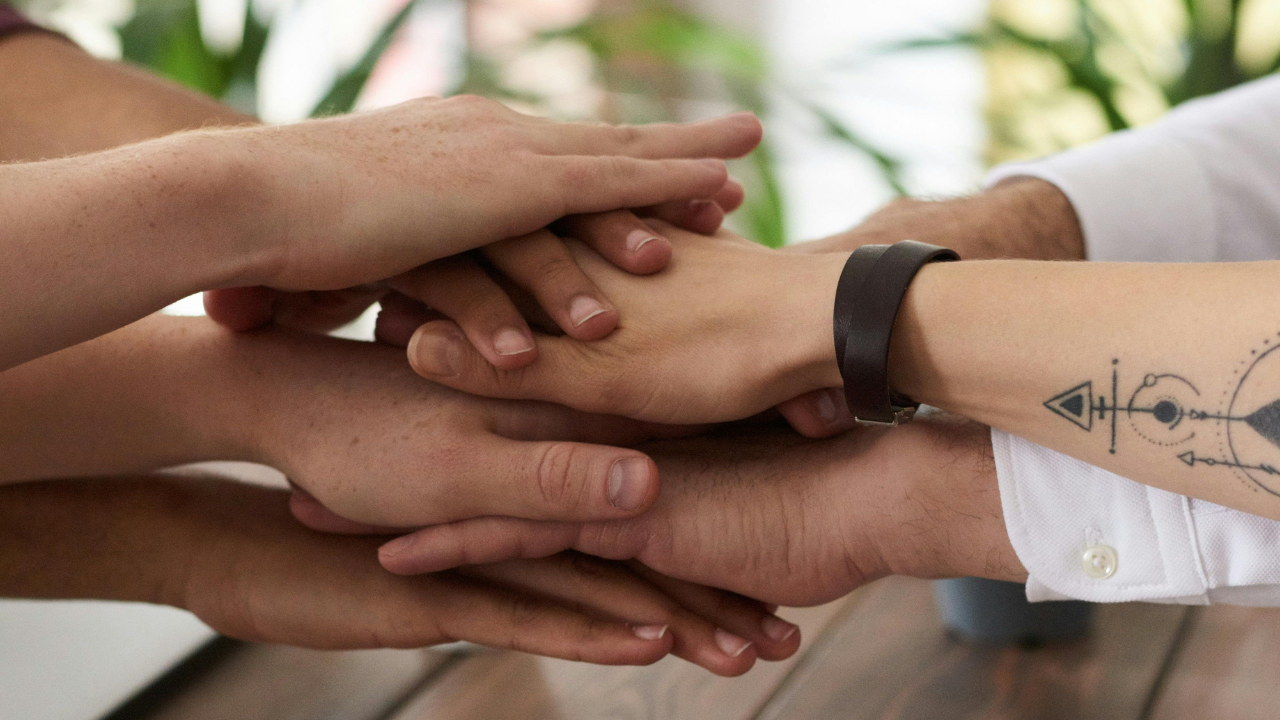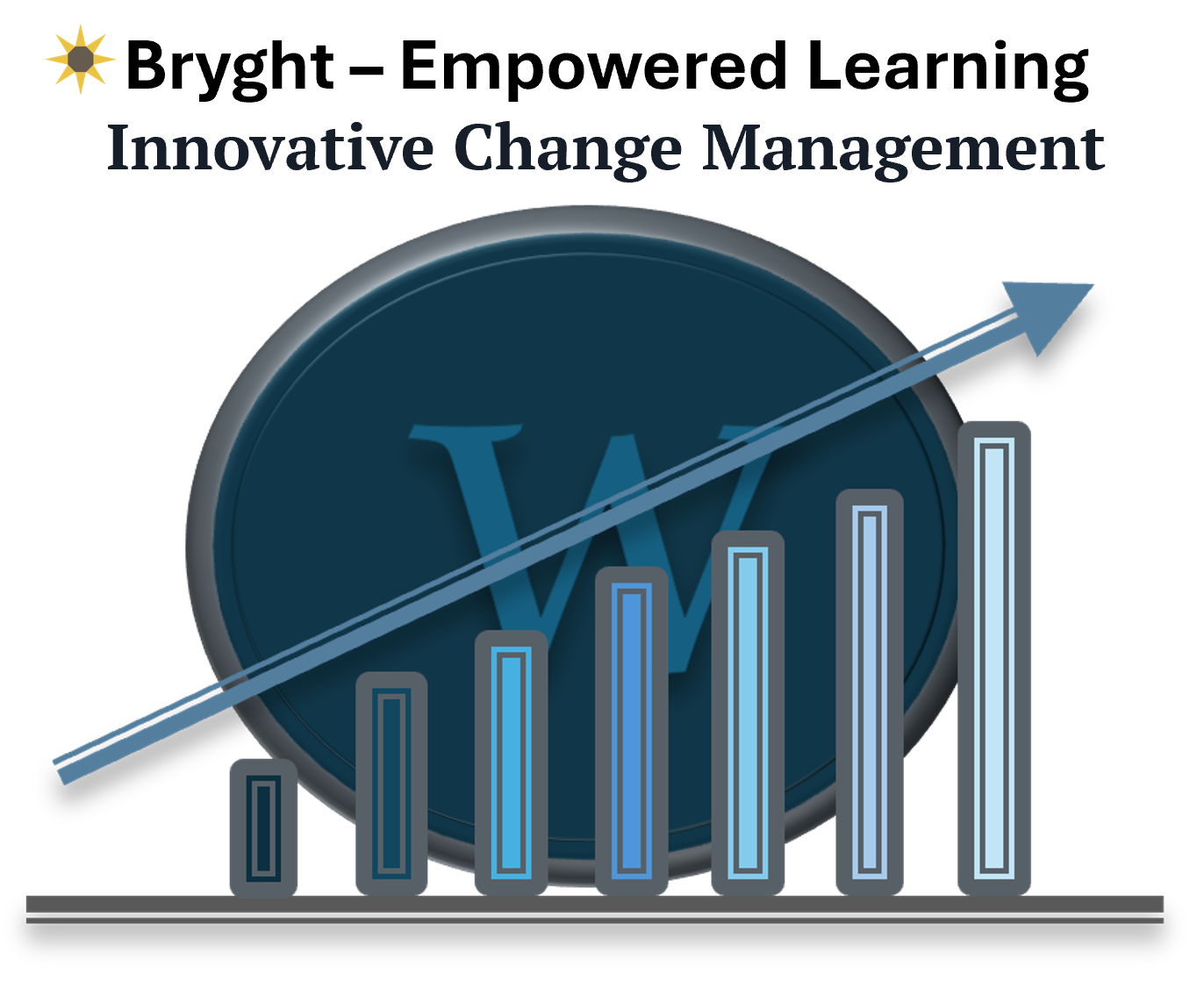
Bridging Generational and Intercultural Communication for Workplace Success
Jan 03, 2025Welcome to 2025’s dynamic workplace, where diversity isn’t just a buzzword—it’s a powerful driver of innovation, resilience, and success. Combining different generations' experiences with diverse cultural perspectives creates a rich environment where creativity thrives, problem-solving becomes more dynamic, and teams are better equipped to adapt to an ever-changing world.
Businesses are no longer confined to local markets or homogenous teams. Globalization and remote work have made intercultural communication an essential skill for success. Much like working across generations, collaborating across cultures requires empathy, adaptability, and a willingness to learn from one another.
Diversity—whether generational or cultural—is not just an asset but a necessity in the modern workplace. It’s a strategic advantage that drives innovation, strengthens problem-solving, and enhances team resilience. By creating an environment where different voices are heard, valued, and integrated into decision-making processes, businesses can unlock their full potential and achieve sustainable success.
When teams celebrate diversity and work towards common goals with mutual respect, they become more than just teams—they become powerful engines of growth, innovation, and shared success. In my experience, teams became family.
- Understanding Parallels Between Generational and Cultural Differences
- Diverse Perspectives: Just as different generations bring unique experiences and values to the table, cultural backgrounds shape communication styles, decision-making processes, and workplace expectations.
- Shared Goal: Whether bridging generational or cultural divides, the goal remains the same—to foster collaboration, respect, and productivity.
- Action Tip: Approach both generational and cultural differences with curiosity rather than assumptions. Listen actively and ask questions to understand rather than judge.
- Communication Styles: Adapt and Align
- Generational Differences: Gen X may prefer direct, face-to-face conversations, Millennials might favor collaborative tools, while Gen Z often leans toward quick, digital communication.
- Cultural Nuances: Different cultures have varying preferences for direct versus indirect communication, hierarchical versus flat structures, and formal versus casual interactions. Know your team and adapt your style.
- Action Tip: Establish clear communication norms within teams that consider both generational and cultural preferences, creating a balanced and inclusive approach.
- Build Trust Through Mutual Understanding
- Generational Trust: Older generations may value loyalty and long-term commitment, while younger ones prioritize transparency and authenticity.
- Cultural Trust: In some cultures, trust is built through long-term relationships, while in others, it might come from demonstrated expertise and results. Again, it is essential to know your team so you can adapt to them.
- Action Tip: Leaders should model inclusivity, create safe spaces for open dialogue, and emphasize shared team goals to bridge these trust-building approaches.
- Shared Learning and Reverse Mentorship
- Generational Learning: Gen Z may teach older generations about the latest tech trends, while Gen X and Millennials provide lessons from experience and resilience.
- Cultural Learning: Exposure to diverse cultural perspectives enriches creativity, problem-solving, and global awareness within teams.
- Action Tip: Encourage mentorship programs that span both generations and cultural backgrounds, Bryght is organizing these programs and training. Contact us for more information. Fostering two-way learning and breaking down barriers.
- Align Goals and Purpose Across Teams
- Generational Goals: While Gen Z often seeks purpose and impact in their roles, older generations may value stability and long-term results. And sometimes it’s a combination depending on the personality of your team members.
- Cultural Goals: In global teams, goals may vary based on regional priorities, economic conditions, and social expectations.
- Action Tip: Create a shared vision that transcends generational and cultural differences, highlighting universal values such as growth, innovation, and collaboration.
- The Power of Emotional Intelligence
- Self-Awareness and Adaptability: Both generational and cultural challenges require emotional intelligence—understanding one’s own triggers, biases, and communication style.
- Empathy and Active Listening: These are universal tools for bridging any divide, whether generational or cultural.
- Action Tip: Provide training on emotional intelligence, cultural awareness, and conflict resolution to ensure smoother collaboration. Contact Bryght Empowered Learning; we are ready and happy to help creating a custom workshop for your team!
- Foster Inclusion and Celebrate Diversity
- Generational Inclusion: Recognize the strengths each generation brings—experience, adaptability, innovation, or digital fluency. My focus was to create a department with teams that were diverse in generational and cultural backgrounds, which resulted in a thriving, dynamic workplace where productivity was at its best.
- Cultural Inclusion: Celebrate cultural differences through team events, shared learning sessions, and diverse leadership representation.
- Action Tip: Develop a workplace culture where every voice—regardless of generation or cultural background—feels heard, valued, and respected.
At their core, generational and cultural collaboration share the same foundation: respect, communication, and a shared sense of purpose. Whether navigating a multi-generational workforce or coordinating with global teams, success depends on creating an environment where diverse perspectives are celebrated, challenges are addressed openly, and every team member feels empowered to contribute.
In an era of increasing globalization and generational diversity, businesses that embrace adaptability, emotional intelligence, and inclusive leadership will be best positioned for long-term success and innovation.
Wilhelmina Stöcker
Founder of Bryght Empowered Learning
www.bryghtel.com
Stay in the Loop!
New blogs, courses, and services delivered to your inbox.
We hate SPAM. We will never sell your information, for any reason.




